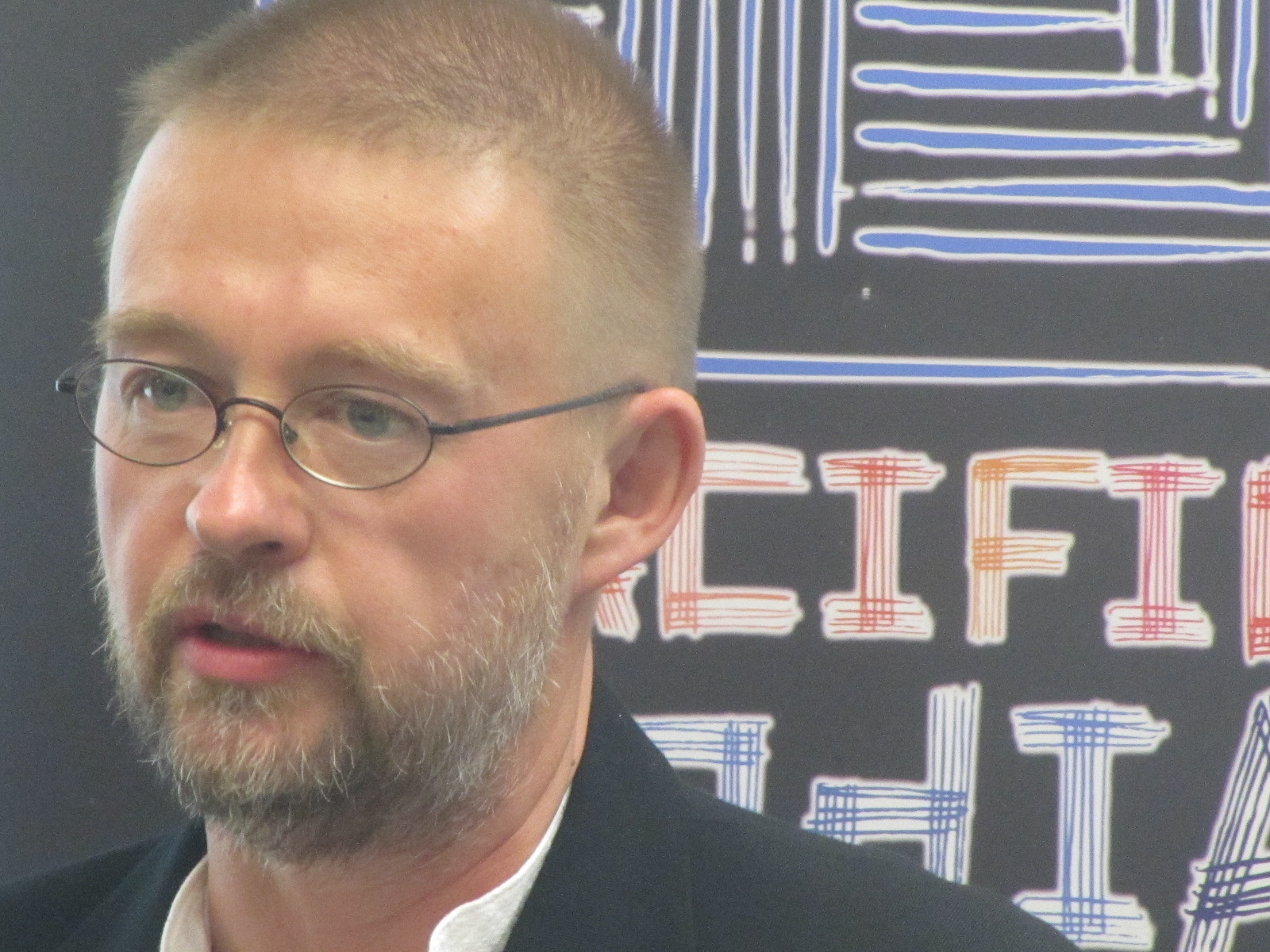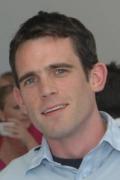
AUCKLAND: Independent journalist and documentary maker Andre Vltchek is highly critical of the levels of self-censorship in Western mainstream and even some progressive media that prevent some human rights stories being properly covered.
Presenting a seminar about four of his current documentary and book projects at AUT University’s Pacific Media Centre last night, he gave an overview of challenges facing journalists covering conflict zones.
In Australia and New Zealand to carry out interviews for his latest documentary about a global dialogue with the "untouchables" of India, Vltchek explained why he stayed independent.
“You can write for progressive publications, but it’s like scratching each others’ backs,” he said.
“We criticise China for censorship, but I think we self-censor more.”
Vltchek maintains a human rights stance with his journalism, which has taken him throughout the African continent, to South America, Indonesia and other parts of the Asia-Pacific region featured in his 2009 book Oceania.
His Eastern European background and presence in this part of the world earned him the description of being “a global journalist” by event organiser Dr David Robie, director of the Pacific Media Centre.
Remaining independent
“I don’t work for anybody,” Vltchek said.
“I don’t take money from anybody, I don’t ask for money. I remain independent.”
Making three to four films each year, producing books and selling his photographs taken from hidden corners of the world is how he makes a living.
While that makes his career sound adventurous, it certainly doesn’t make it easy. Vltchek said he was arrested more than once for “smuggling” himself into places and taking “illegal photos”.
“I was arrested on my second entry into the Democratic Republic of the Congo, in Goma, and spent five hours in a bunker for taking photos,” he said.
Vltchek has spent time in refugee camps in Goma, Eastern Congo, as well as Rwanda, Kenya and Uganda.
He continued his attack on mainstream media reporting on the African continent.
“Take [South African President Jacob] Zuma. We hear that he takes a shower after making love to each of his wives, but we hear nothing about his social reforms,” he said.
“We hear about Mugabe and what a despot he is, but there are plenty of other despots in Africa.”
Vltchek criticised Rwandan President Paul Kagame, who he said was co-responsible for some six million lives lost in the Congo and the Democratic Republic of the Congo.
'Two genocides'
He also challenged the stereotypes held by the West, such as generalisations in the Hotel Rwanda film about the 1994 Rwandan genocide.
Vltchek argued there were in fact two genocides - not just the highly publicised one of Hutu killing Tutsi in 1994.
“The army of Paul Kagame was on the border shelling the capital city,” he said.
Vltchek also said that the end was not so rosy for the refugees who sheltered in the now famous Hôtel des Mille Collines.
“The owner of the hotel at the time was Sabena Airlines. They may have saved those people, but at the end they presented them with the bill."
Sabena was the national carrier of Belgium until 2001.
Vltchek said he hoped his films shed some light on the “humanitarian crises” in these countries and make some sense out of events like the genocide.
Print on demand
Vltchek criticised the English-speaking press, as he could not find a conventional publisher for Oceania in English, and resorted to a "print on demand" solution with Expathos in the Netherlands.
“They [English-language publishers] didn’t want to know about it,” he said.
“So I went to POD - print on demand, and after that it was published in Turkish, French and other languages around the world. But it is still not properly published in English, and you can see that it’s not for a lack of demand.”
Vltchek focuses mainly on disaster and violent conflict settings for his work and recent projects include Tumaini, a 30-minute documentary produced by UNESCO about HIV/AIDS in impoverished Nyanza province in Western Kenya, where there are almost no adult survivors of the virus.
He also made the award-winning 2004 documentary Terlena: Breaking of a Nation, a documentary about the effects of the 1965 US-backed coup in Indonesia on the country’s intellectual community.
The coup and the ensuing anti-communist purges led to the deaths of up to a million Indonesians and marked the start of the 30-year Suharto dictatorship.



